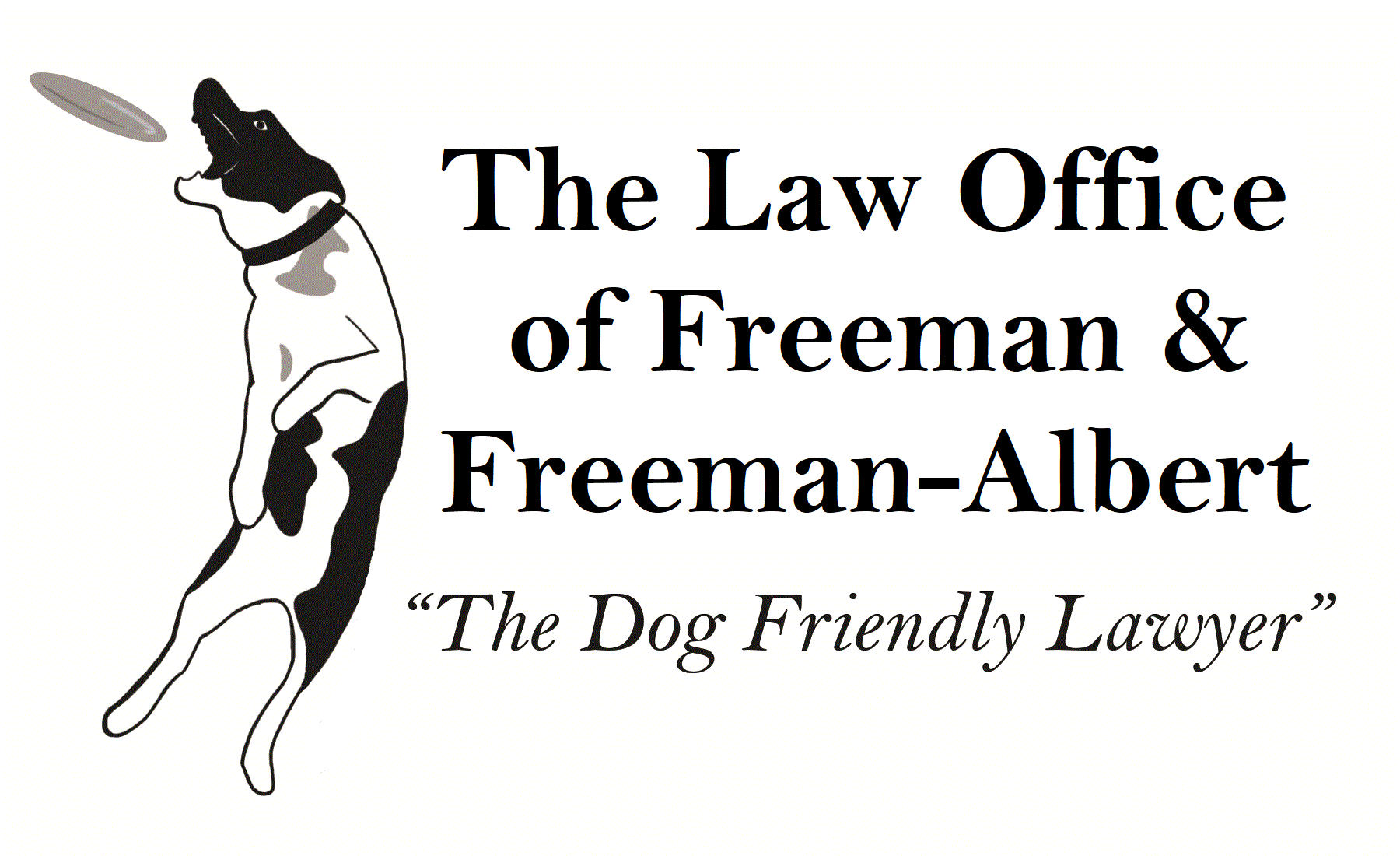October 26, 2022
Bifurcation?
Bifurcation means chopping something into two parts. Sometimes this can apply to a lawsuit, usually when you and the other side agree on some things but not others. It can be beneficial to both sides to bifurcate the issues in their divorce to simplify the case in the event it goes to trial. A judge would probably be happy to hear s/he only has to rule on a couple of issues, rather than everything that usually encompasses a divorce.
In a divorce case, sometimes people can agree on how to divide property and debts, but are miles apart on a parenting plan or child/spousal support. In that scenario, you can enter an order granting you a divorce that says “we will still decide (list disputed issues) at trial.”
Divorces (and other lawsuits) can be long, painful processes, which often make people feel there is no light at the end of the tunnel. In some cases, people feel physically and emotionally better when they are able to close the door on their marriage, even if there are still some issues in dispute that need to be decided by the court.
Bifurcation is worth discussion with your attorney, though it may not be possible in all cases; first and foremost, you and the other side need to AGREE to bifurcate. Feel free to ask one of our attorneys for more information on bifurcation.
